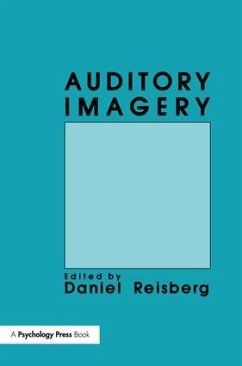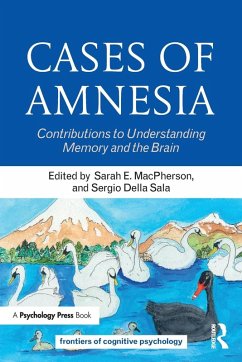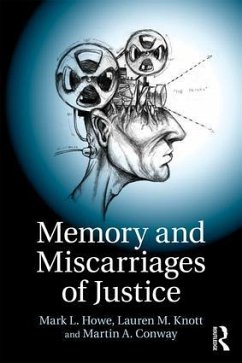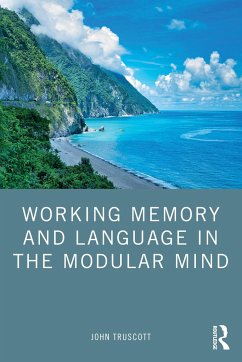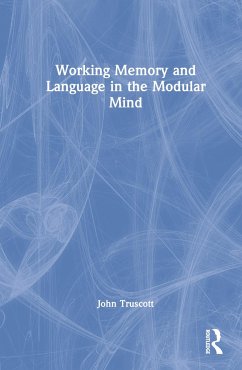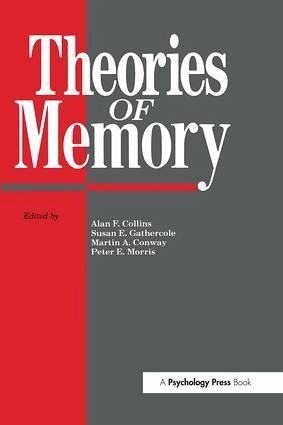
Theories Of Memory
Versandkostenfrei!
Versandfertig in 6-10 Tagen
80,99 €
inkl. MwSt.
Weitere Ausgaben:

PAYBACK Punkte
40 °P sammeln!
This is a collection of chapters by some of the most influential memory researchers. Chapters focus on a wide range of key areas of research. The main emphasis throughout the book is on theoretical issues and how they relate to existing empirical work. The contributions reveal that memory continues to be an important research area and they provide a state-of- the-art perspective on this central aspect of cognitive psychology.





